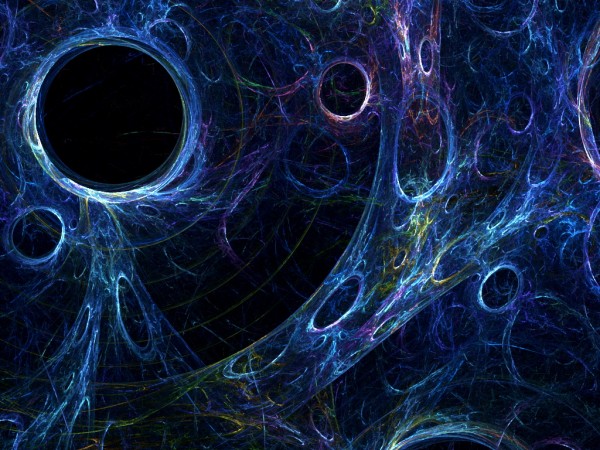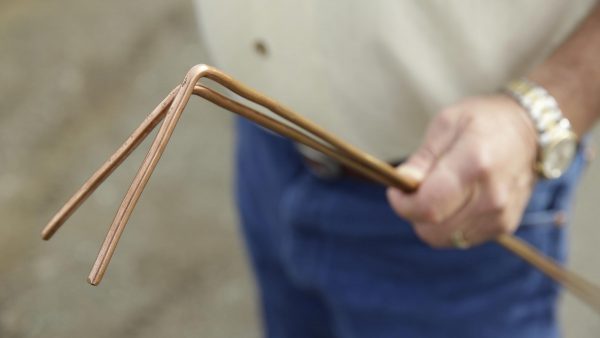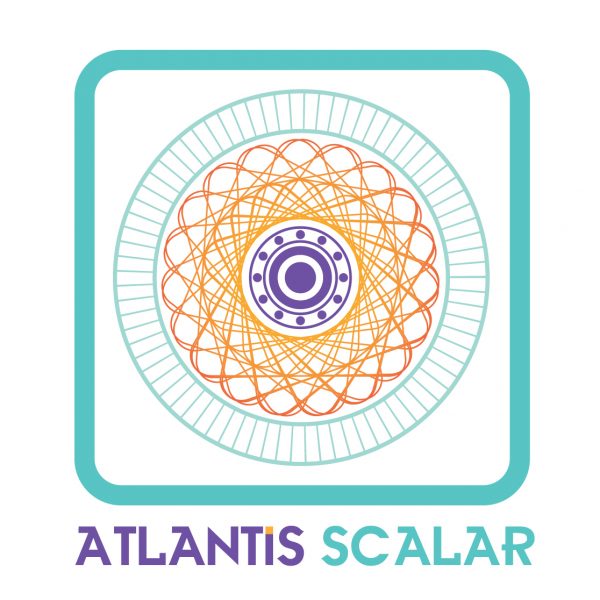This is the first day when all my kids officially don’t live with us. Sure, they’ll come for holidays and a weekend here or there so we won’t change their bedrooms into a meditation room and an workout room, but it’s so eerily empty. I haven’t had to empty the dishwasher yet, which usually I have to do twice a day. The kitchen counters are spotless, and there are no flip flops and jackets strewn across the floor for me to trip on. Part of me likes the solitude but part of me wants them back so we can love and annoy each other at the same time. But life goes on, and eventually, everybody will have families of their own.
I found out, yesterday, that our first radio show will tentatively air live on Thursday the 24th at 7:00 PM CT. Instead of going through Spreaker.com, I’m going to be a part of a radio network called liveparanormal.com. I’ll give you all the details on how to connect, and I’ll confirm the date and time soon. I’m going to try to create a button for the show on the homepage as well as a button to access the archived podcast if you miss hearing it live. Remember, the advantage of listening live is that you get to ask Erik questions! I think we have the capability to video chat, regular chat and audio chat, but these are some of the details I’m going to find out and post later.
Check out the first draft of the show’s intro HERE!
Now let’s see what Erik and Al have to say about matter.
Me: Hi, Jamie.
Jamie: Hello.
Erik: Hi, Mom. Hi, everybody.
Me: Erik, today, I’m going to let you choose the topic. We have two choices, and I can’t make up my mind! One is about matter and the other is about reality, the nature of reality.
Jamie: He likes matter.
Me: Okay. It does matter.
Jamie chuckles at my lame joke.
Me: What is matter? Let’s start out with the basics. What the heck is it?
Erik: Matter is particles crammed together to make shit.
Jamie laughs.
Me: Can we go into a little bit more detail?
Erik: Do you want to pick something like why they stick together?
Me: Well, let’s go even more basic. How was matter created?
Erik: Then we would have to go before the Big Bang because yes, the universe started with the Big Bang. Is that what you mean?
Me: I don’t know. Just tell me what you know.
(Long pause. Jamie starts humming.)
Erik: Can I call a friend?
Me: Yes, phone a friend. Yes. You get one “phone a friend” only, though.
Jamie giggles.
Erik: I don’t know how far back I can go to explain where matter came from within space.
Me: Okay.
The whole timelessness thing is probably a problem.
Erik: But the attraction of particles like atoms with their small gravitational forces, I find that more fascinating than where did everything begin because there are different levels of gravitational force and attraction of the particles that create the substance of everything you see around you. What’s even more fun is that man can now manipulate that, and it’s all based on what Earth created for herself, creating different things like water, metals, gases—solid, liquid and gas.
(Pause)
Erik: Throw it back at me. What do you want?
Me: Well that’s interesting. I’ve heard that—I don’t know if it’s electrons or atoms—but that they’re tiny black holes. Can you speak to that at all?
Erik: I wouldn’t say the electrons are.
Me: Hey, can you go get Einstein? We can have him help us.
Jamie: He was talking about this guy named Lawrence.
Or Morris. It’s not clear.
Jamie: Yes, what do you want to know?
Me: Can you go get Einstein?
Erik: Yes!
Me: Oh, is he here?
Jamie (To Erik): Why are you so irritated? You didn’t introduce him.
Me: Is he here?
Erik: Yes.
Me: Okay, Einstein, nice to meet you. We’ve talked before, and I really enjoyed that. We’re having a little trouble—and probably Erik just can’t explain it to us but probably knows all this. It’s so hard to relate it to us peons—atoms, electrons, are they tiny black holes?
Einstein: They are –
Erik: What? You don’t even say hi to my mom?
Jamie: Erik’s messing with him, man!
Einstein: Hello!
Jamie: That’s not why he showed up. He showed up to answer a question. When you mentioned the word, “wormhole,” right?—
Me: No, tiny black holes.
Jamie: He shook his head yes.
Einstein: The size, tiny, that measurement of a word you’re using, within that, it explains it all. We can’t fathom, in our heads, certain measurements without being able to tangibly see them because we believe, as the giants that we are, that what’s smaller than us is controlled by us, that we may step on the ant, that we may bruise the plant—
Jamie: Bruise the plant?
Einstein: –that with our size and with our weight, we have a certain cause and effect, but when we’re looking at the matter in the atoms, the electrons, the protons, the neutrons, within it contains—
Jamie: He really doesn’t make a lot of eye contact. He’s looking down at his hands as they’re moving.
Einstein: Within these, there are very miniscule communicators to a greater universe, a greater place than what it is showing you at face value. But we, ourselves, are made of these. In this design, we have the ability to connect All That Is to the one.
Me: Okay.
(Pause as Jamie continues to listen)
Jamie (To Einstein): No, that’s not a comparison. What are you saying?
Einstein: Within this wormhole effect I believe that it should be explained in a different way because I don’t think that a lot of common people could hear the word, “wormhole” and quite understand it. It seems to be science fiction.
Me: Are we talking about wormholes or black holes?
Jamie: Black holes! Sorry!
Me: Are they tiny little vortexes?
Jamie shakes her head.
Me: Okay.
Jamie: Are you talking about a cone type vortex?
Me: Yeah.
Jamie (shaking her head): Mm mm. Sorry, I keep messing up the word black hole with wormhole!
Me: I know. That’s easy to do.
Jamie (touching the tip of her nose): That’s me.
Einstein: The term, “black hole” to the common people is more sci-fi and has more entertainment value. It’s a comic book word to them rather than something that is real and that can be found in our everyday existence. Within these miniscule black holes, we have the ability to, as I mentioned before, connect to All There Is, but the concept of understanding –
I’m wondering if mediums are able to use these little vortices as communication portals like little telephones to the spiritual realm.
Jamie (Looking around her space): What do you want me to pick up? Oh, my phone.
She picks up her iPhone and uses it to demonstrate what he says.
Einstein: –that this is solid matter—
Jamie (chuckling): And a dirty one!
Einstein: –is not as solid as we see it. We have the capability of moving through items.
She touches her finger to the phone as if trying to push it through.
Einstein: Yet the power of the human brain from Earth is trained that it cannot.
Me: I hear that there is more empty space in matter than there are particles.
Einstein: It’s true! You are very accurate to say so. I’ll take it back to your son and why he enjoyed this (Jamie taps her finger on the phone) “stop mechanism” as he calls it because it is taught to the people on Earth, therefore it becomes (Jamie taps her fingers on the phone again) a truth.
Me: But we could, theoretically, move through things?
Einstein: Yes.
Me: Because there’s just so much space?
Einstein: Yes, so much space.
Me: What are dark matter and dark energy? Just give me the brief explanation because we’re running out of time.
Jamie (Laughing): He tells a joke! He says that dark energy and dark matter are light energy and light matter with the lights off.
We both chuckle.
Me: Keep your day job, there, Dr. Einstein!
Jamie laughs hard.
Einstein: With using the terminology, “dark,” I don’t want the common understanding to be that it is opposing energy or matter value to “light.” It’s the mislabeling and misuse of the English language of communication, but that’s how our brains work. It recalls what we believe the definition is and puts a value on it. Dark energy and dark matter are extremely valuable and is mixed in with all the energy that we use to sustain life, to sustain communication. It’s not as separate or distant as it’s currently described.
Jamie: How is it currently described?
Me: I don’t know. I can’t remember. But just in one sentence, because we’re really running toward the end here, what is dark matter? Let’s start with that. One or two sentences.
Jamie: He cups his face.
Einstein: Why don’t you have me back for another 20 minutes?
Me: I know. It would take that, yes.
Einstein: It would be more useful to discuss in full what this is and how it might help, but you could define it as energy that’s located in other dimensional planes that will be of great use to humans in the future.
Me: Okay, and dark energy?
Einstein: Yes. It’s not—
Jamie (To Einstein): That’s a joke, right?
Einstein: Yes.
Me: So dark energy, what is that?
Jamie: That’s what he was explaining as energy that—
I just realized that he defined dark energy when I asked him to define dark matter.
Me: Oh, I thought that was dark matter he was talking about! Okay, so that is dark energy, and I think dark energy is the infinite supply of energy that we’ll eventually learn to tap into, right?
Einstein: Yes, and it’s in other dimensional planes.
Me: Oh, interesting. And then dark matter is?
(Long pause)
Jamie: Can’t you just see the picture that’s in my head?
Me: No.
Jamie: Argh!
Me: I wish I could.
Jamie: It’s an opposing—
She stops, clearly struggling to put words to those images.
Me: Give her the words, Dr. Einstein!
Jamie: It’s definitely not negative. It’s not bad. It’s not like that, but in my head, it’s on the flipside, like, um, like you don’t see it. It’s space, the air stuff, but it’s not vapor; it’s not a gas; it’s a real kind of matter that’s on a different dimensional plane. So it’s kind of out of the experience of our five senses?
Einstein: Yes, and that’s why it’s still considered to be hypothetical.
Me: Okay, well can I bring you back in the next session? We can talk more about it.
Jamie: He would like that.
Me: Okay, last question. This is just a yes or no question. Is it so that death is transitioning from those little black holes that make up our bodies to a white hole, going through the event horizon?
Einstein: No, it’s not as simple as that.
Me: Okay, we’ll talk about that next time, too. Sounds great. Thank you so much, and we’ll talk to you later! Erik, I’ll talk to you later, too!
Einstein: You’re onto something good.
Me: Okay, good! That should be fun! I better study up a little bit.
We close in the usual way.




